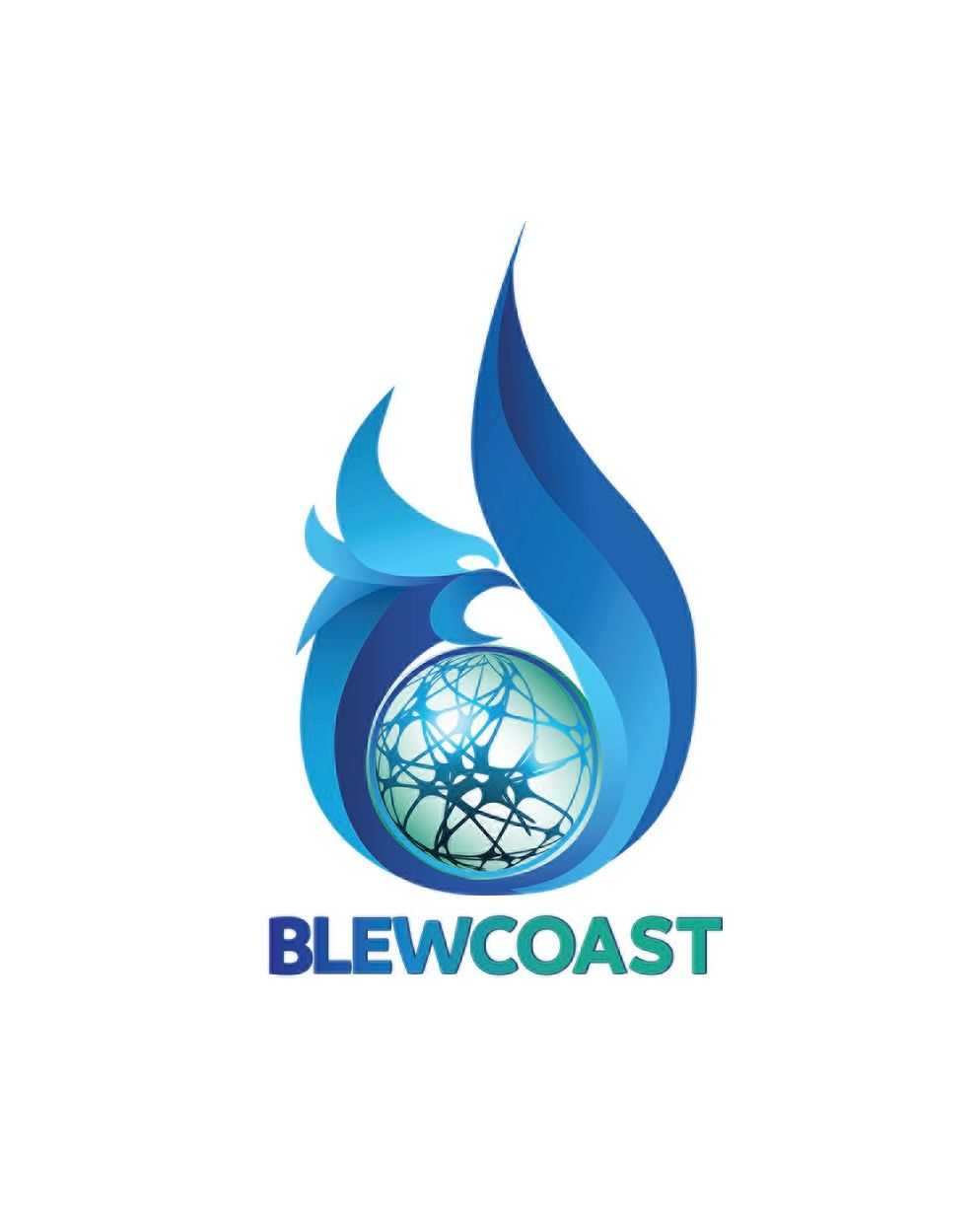The retention of skilled employees is vital for global business
The Global business environment is evolving rapidly; the retention of skilled employees is a major risk to Executives’ ability to deliver on their strategy and will remain a high priority on the risk matrix for the foreseeable future.
Inevitably, Executives will be forced to change their mindset, and radically disrupt existing HR business models, where the skills required to perform the task will take precedence over a simple degree.
HR managers have historically focused more on degrees than skills. As Executives challenge their teams to act and think differently, organisations that do not embrace this Human Resource challenge will certainly be embraced by it!
Whilst degrees can open doors or provide a solid foundation, they are not the sole indicator of success or competence - the ability to do the job and to be coachable is.
Despite having a degree, a candidate may find it difficult to thrive in the position if they lack the necessary skills, which are not necessarily taught at universities or within a professional qualification (e.g., AP processing, P2P business processes, etc.).
Of course, for certain professions such as medicine, law, engineering and academia, a degree is absolutely required as it provides a deep understanding of complex theories and specialized knowledge.
As it relates to the accounting profession, a professional qualification (e.g., CPA, ACCA, etc.) is critical to advance your career as it provides the formal education required, but your skills and competencies are just as essential to perform basic accounting tasks and functions. A degree is no longer the single barometer that determines whether an individual will be hired, or advance in their work environment.
On the flip side, an individual with the appropriate set of skills for the job, even if they lack a degree, will be far more productive and efficient, resulting in them adding greater value to the organisation.
Furthermore, whereas skills pertain to a particular ability or area of competence, degrees are frequently transient to a broad field of knowledge. Employers are more in pursuit of specific skills to meet the precise requirements of their business.
In closing, degrees provide formal education, theoretical knowledge, and a recognized credential, while skills are practical abilities developed through experience and application. Both degrees and skills are valuable, but the ideal combination depends on the specific requirements of your chosen field and career goals. A well-rounded professional profile often includes a balance of both formal education and relevant skills.
We are BLEWSTREAMERS
Balanced. Life. Equitable. Work.
Strategic Thinking. Reputational Excellence. Accelerated Mindsight.
Our recent posts
Schedule A Call
Contact us for a no-obligation conversation, and discover how your business can benefit from partnering with Blewstream.
All Rights Reserved | Blewstream



